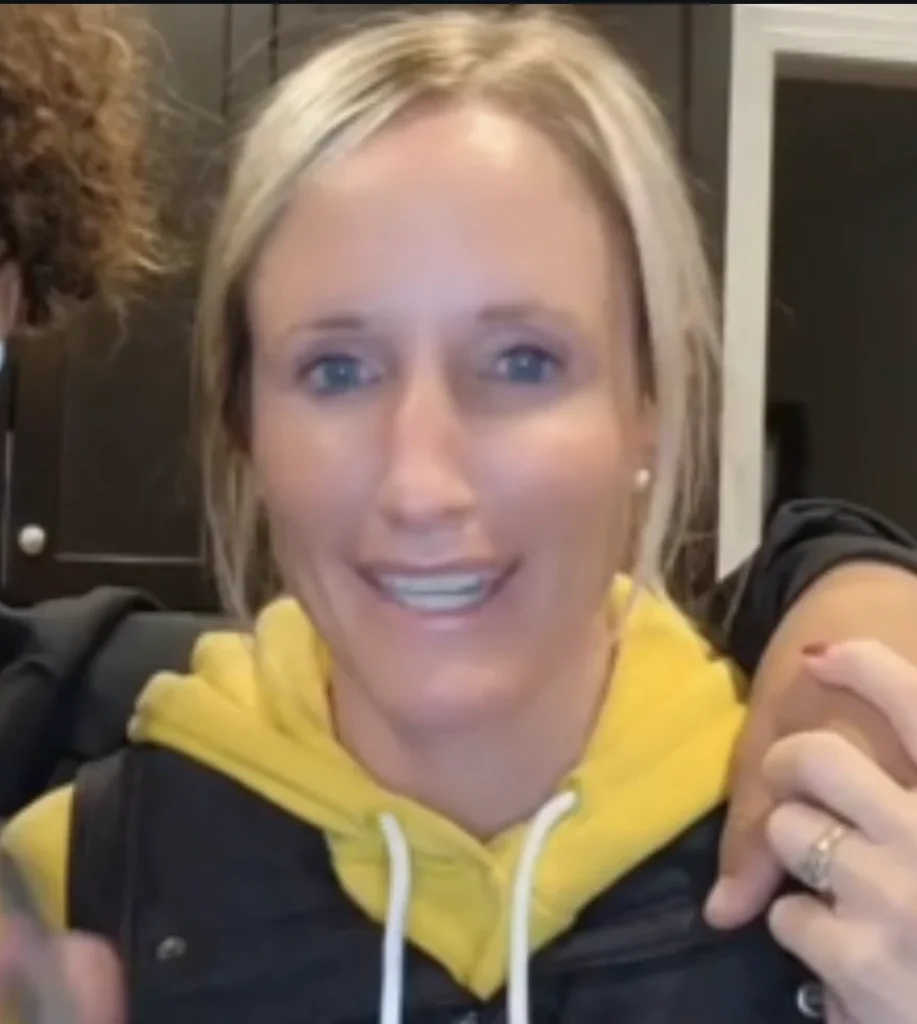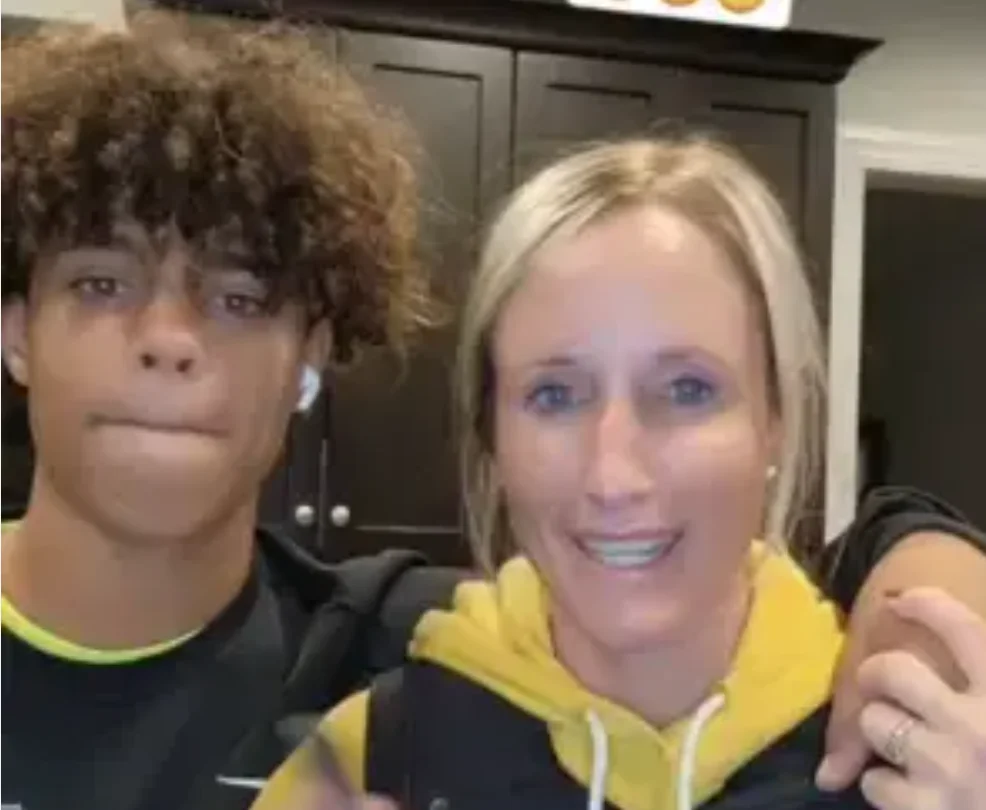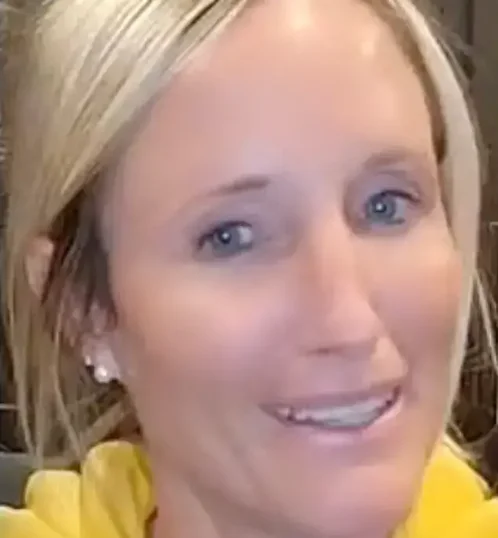In the age of smartphones, the challenges of parenting have shifted dramatically. Parents today face new dilemmas about how much freedom to grant their children in the digital world.
Many worry about the risks that come with online access, including cyberbullying, inappropriate content, and catfishing. For one mother in the U.S., the solution lies in actively monitoring her children’s phones.
Laura Muse, a mental health clinician and mother of two teenagers, has sparked widespread debate with her parenting style. Every night, before her son goes to bed, Muse takes his phone and reviews his messages and online activity.

She applies the same rule to her daughter’s phone, asserting her belief that as the one paying for the devices, she has every right to inspect them. “I own their phones, I pay for the phones. I can go through them whenever I want,” Muse explained to The New York Post.
For Muse, this approach isn’t about control but about ensuring her children’s safety in a potentially dangerous digital world. To her, it’s just part of her role in managing her family.
Muse has also shared her views on TikTok, where a video of her standing beside her son has gone viral. The caption reads, “Me every time I look through my teenager’s phone,” set to the lyrics, “This is no big deal.”

The clip has garnered over a million views, sparking both praise and criticism. Many parents have taken to the comments to support Muse’s proactive approach, calling it responsible and necessary.
One commenter noted, “My daughter had to turn her phone in every night at bedtime, and yes, I looked at it. It’s for their protection.” Another user commended Muse’s parenting, saying, “You’ve done a fine job raising them! You are truly blessed with beautiful and amazing kids. Good job, momma bear!”
Others applauded the relationship Muse shares with her children, with one person commenting, “I love that you guys have a relationship where this is good and you can.”

However, not everyone agreed with her methods. Some criticized Muse, arguing that such actions could erode trust between parents and their children.
“Why [do] you go through his phone? Let him have privacy,” one critic questioned. Another added, “My mom doesn’t go through my phone unless I give her a reason not to trust me.”
Some comments were harsher, with one user writing, “Checking your kids’ phone is an invasion of privacy and shows you don’t trust them. They will never open up to you ever again.”
In response to the backlash, Muse stood firm in her stance. She replied, “When you have nothing to hide because we can openly communicate about life, it’s no big deal. Sorry you don’t have that in your life.”

This debate underscores a growing concern among parents about their children’s exposure to online risks. A recent survey revealed that 54% of parents monitor their teenagers’ phones in at least two ways, such as reviewing messages or tracking app usage.
The digital world, with its potential for harm, has pushed many parents to take a more hands-on approach. Muse’s story highlights the difficult balance between ensuring safety and respecting independence.
Experts suggest that while monitoring is important, open communication and trust are equally crucial. Without these elements, some argue, monitoring may lead to rebellion or secrecy.

Muse’s parenting style, though controversial, reflects a broader trend in modern parenting. Her insistence on checking her children’s phones has become a topic of discussion not just online but in homes across the world.
As the debate continues, the larger question looms: how much is too much when it comes to a parent’s involvement in their child’s digital life? For Muse, her actions have drawn both support and criticism, but she remains unwavering in her belief.
Only at the end of this debate does Muse reveal her justification for her actions. “I pay for the phone, and when you have nothing to hide, it’s no big deal,” she says.
Her words highlight a sentiment shared by many parents who feel that their financial role in providing these devices gives them the right to monitor their use. The question of whether this justifies the practice, however, remains a topic of passionate discussion.
Feature Image Credit: (Instagram/ @museparty)





